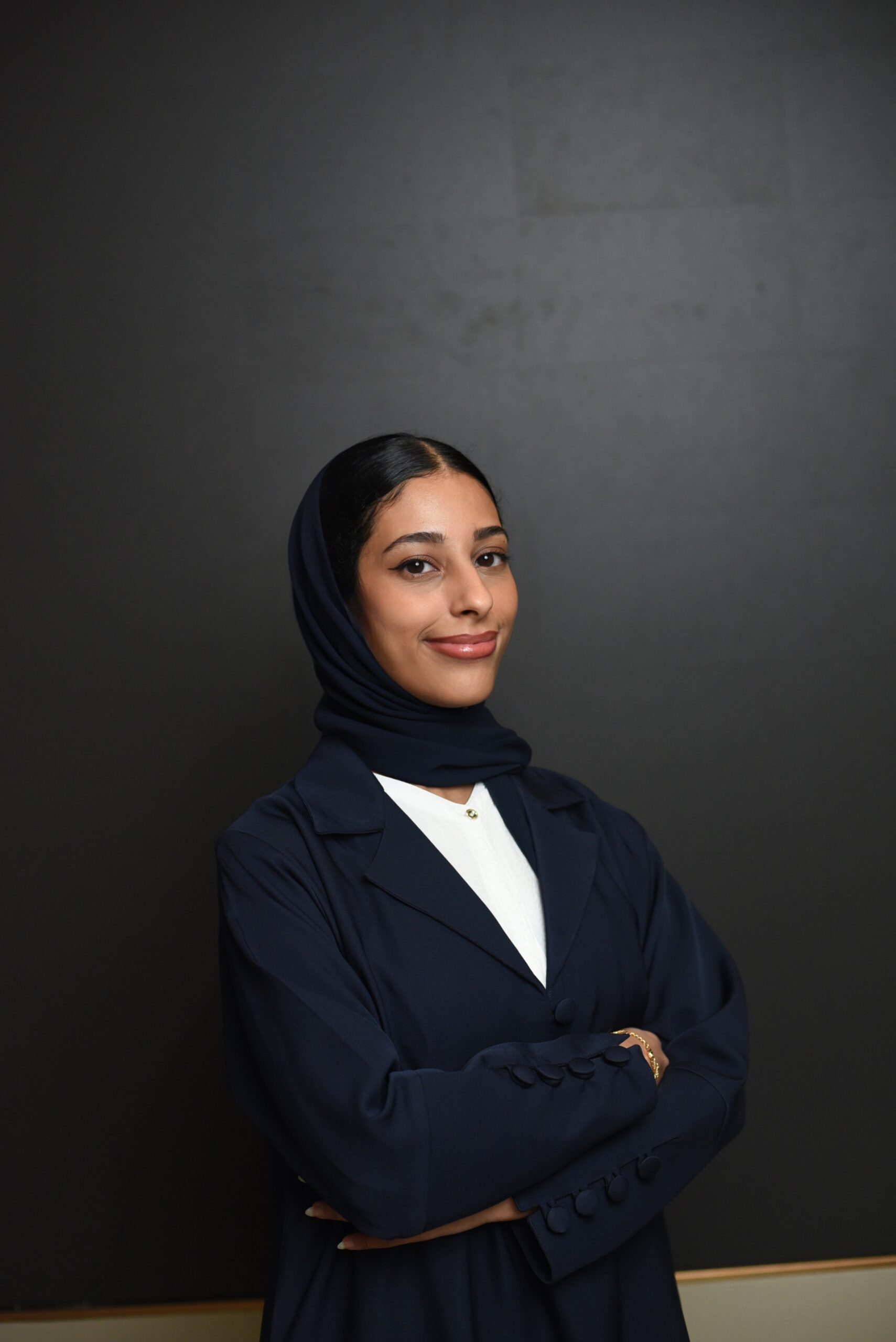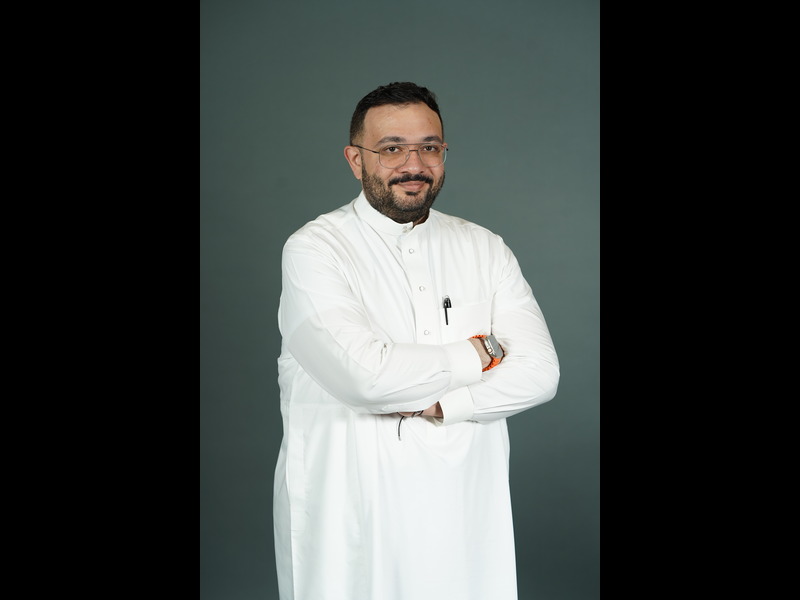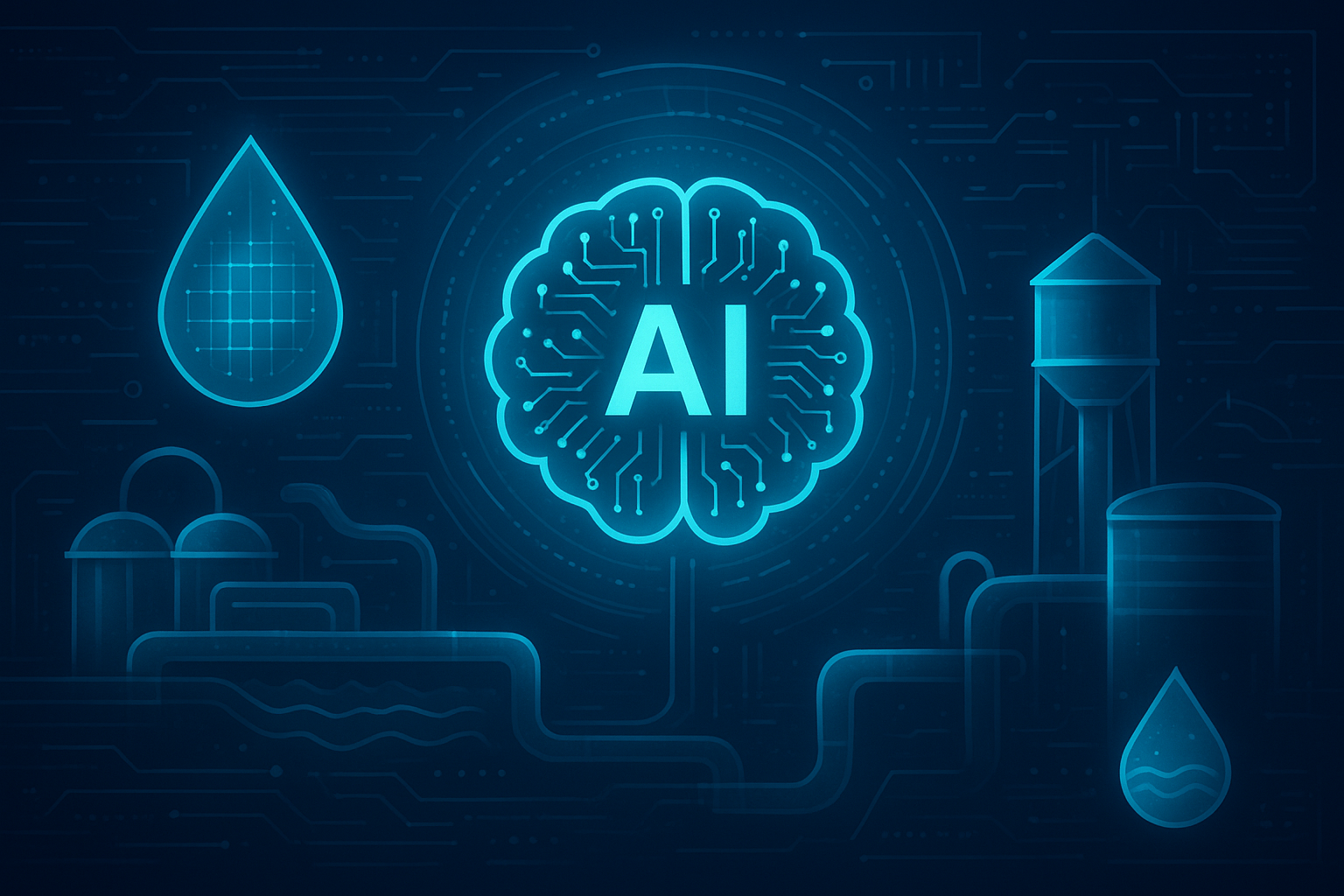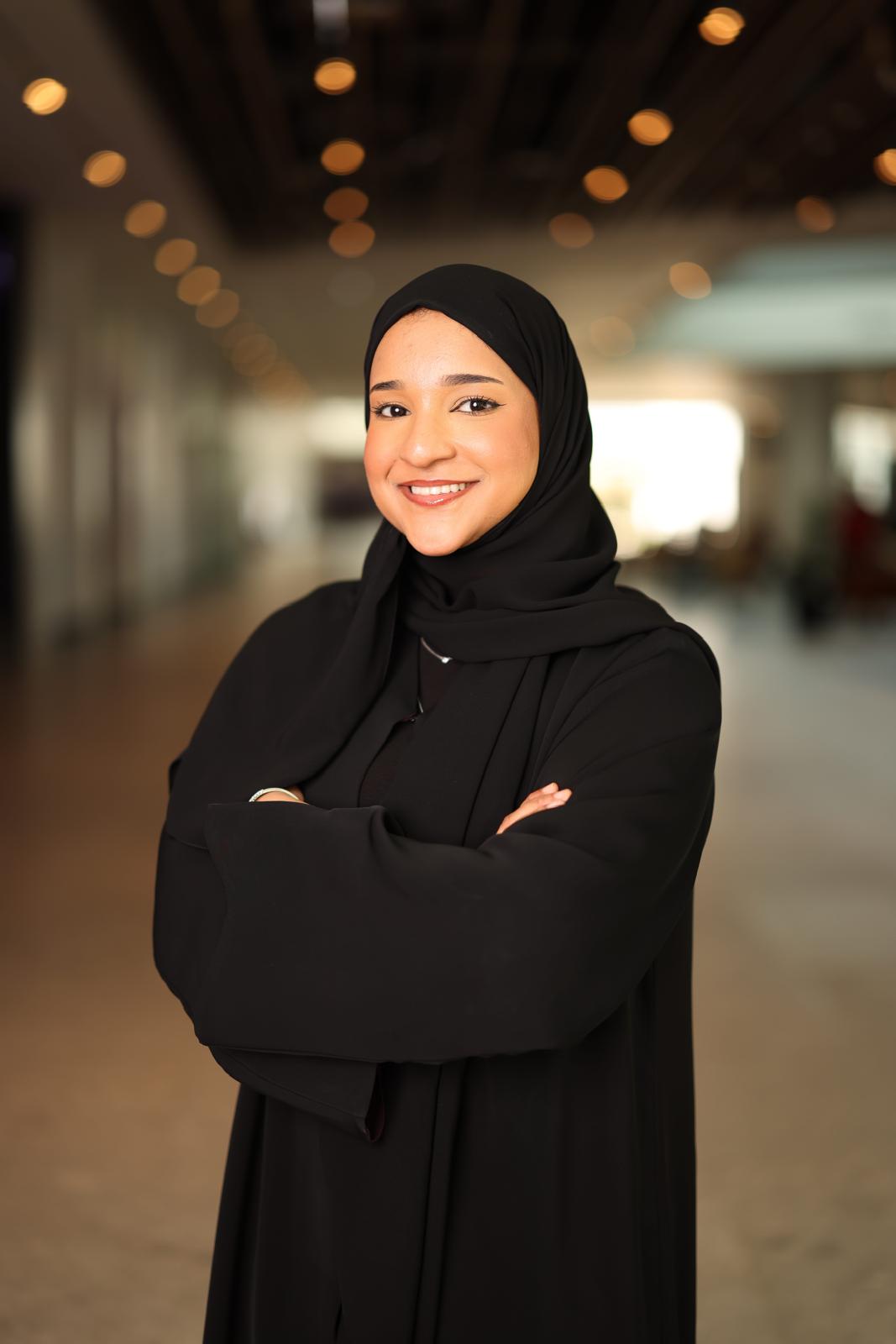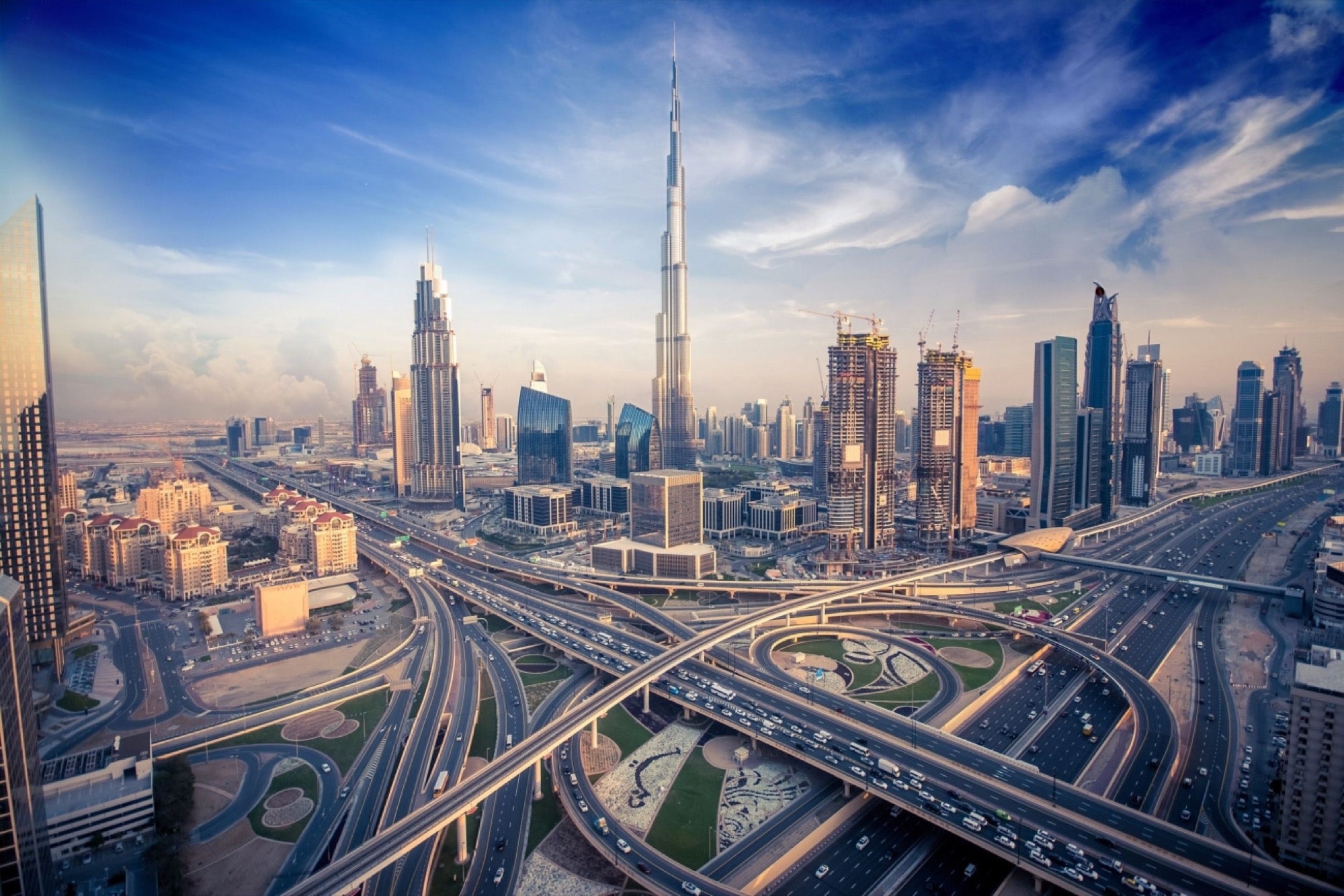Interview: Enhancing Hospitality Security with AI-Powered Solutions

Media One Hotel, one of Dubai’s most dynamic lifestyle and entertainment destinations, has taken a bold step forward by integrating AI-driven security solutions from Ipsotek. This collaboration marks a significant advancement in how hotels can leverage technology to enhance guest experiences while maintaining top-tier security standards.
Located in the heart of Dubai, near high-traffic areas such as Dubai Marina, JBR, and Palm Jumeirah, Media One Hotel experiences a continuous influx of visitors. With such high footfall, ensuring seamless security operations is no small feat. To stay ahead, the hotel has implemented Ipsotek’s cutting-edge video analytics software, a system designed to detect and respond to security threats in real-time while optimising operational workflows.
From facial recognition for VIP guest management to unattended object detection and AI-generated reports for strategic decision-making, this advanced system has revolutionised the way Media One Hotel operates. With AI now playing a crucial role in personalisation, security, and efficiency, what does the future hold for the hospitality industry?
Kasun Illankoon, Editor in Chief at Tech Revolt, spoke with Mahmood Ahmed, Head of IT Operations at Media One Hotel, to explore the impact of AI-powered surveillance on security and guest management.
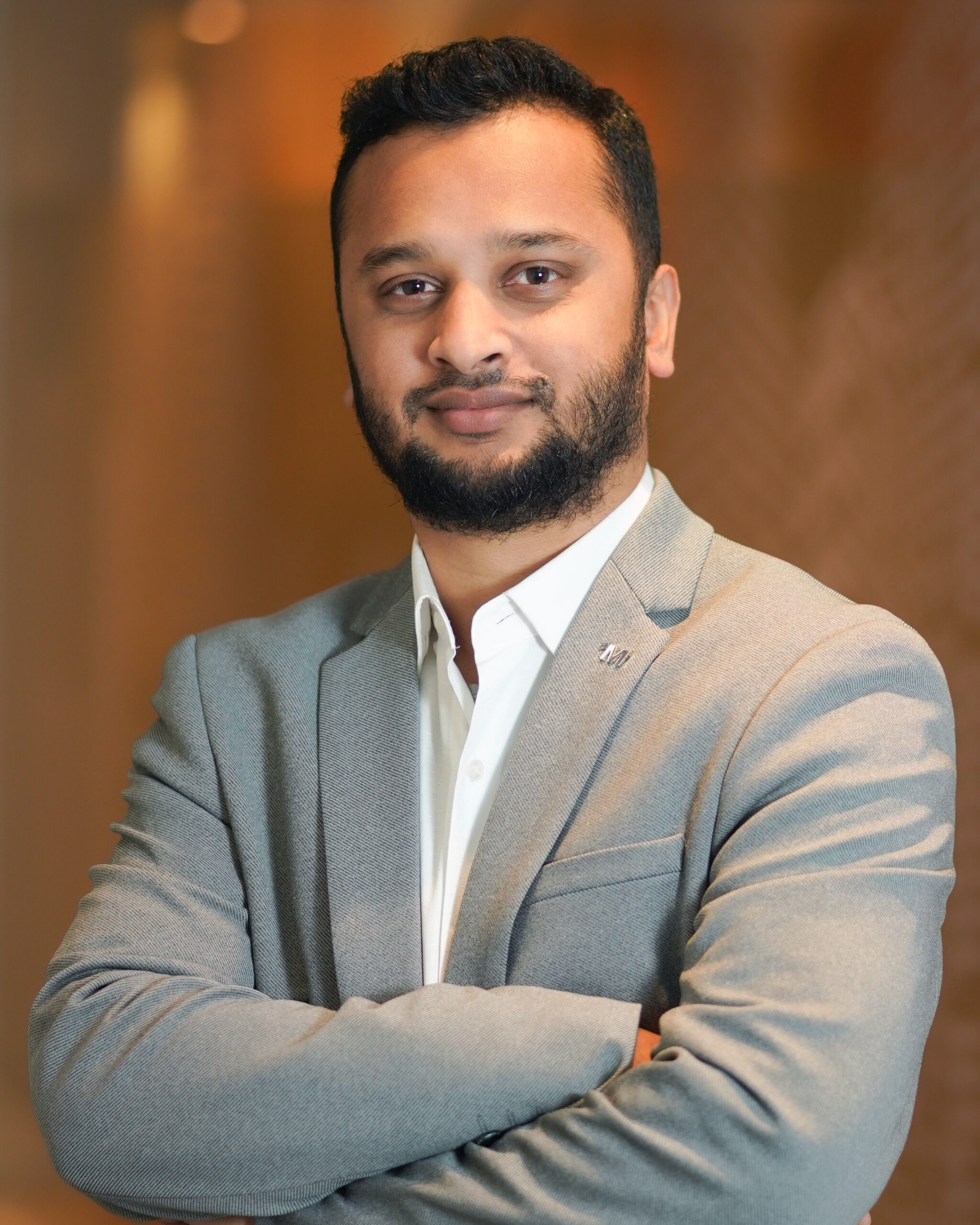
- What inspired Media One Hotel to prioritize AI technology for security and operational efficiency? Was there a specific challenge you aimed to address?
At Media One Hotel, our inspiration stems from our commitment to redefining hospitality standards by integrating advanced technologies that enhance guest satisfaction and safety. We noticed a growing need for real-time, proactive security solutions in a dynamic environment like ours, with a high footfall due to our office tower, restaurants, and hotel operations. Traditional systems were reactive and limited in scope, challenging our ability to provide seamless and secure guest experiences.
AI, with its potential for predictive analysis and automation, presented the perfect opportunity to address gaps such as managing crowding, forecourt parking, event attendee counts, welcoming VIP guests, and even fire and smoke detection. This approach positions Media One Hotel as a leader in innovation within the hospitality industry.
- Can you share how Ipsotek’s AI-powered surveillance system enhances guest management, particularly with features like the face alert system and unattended object detection?
Ipsotek’s AI-powered surveillance system has revolutionized guest management at Media One Hotel by providing real-time, actionable insights that enhance both security and personalized service.
The face alert system is a key feature that allows us to identify VIP guests the moment they step onto the property. This triggers an immediate notification to our front office and “Go To” team, enabling them to greet VIPs by name and anticipate their preferences, such as pre-checking their rooms or preparing a welcome drink. This seamless recognition ensures a memorable first impression and sets the tone for a personalized guest journey.
The unattended object detection feature is another standout, elevating security measures while maintaining a smooth guest experience. For example, if an unattended bag is detected, the system flags it within 10 minutes and notifies the security team. This automation eliminates the need for staff to manually monitor dozens of camera feeds, allowing them to focus on higher-priority tasks. It also reassures guests that their safety is always a top priority.
- Since implementing the AI tool, what are the most significant improvements you’ve observed in operational efficiency and security?
Key improvements include:
- Enhanced security through real-time alerts, such as detecting restricted-area breaches or unattended guests in reception areas.
- A 60% reduction in response times for incidents.
- Increased efficiency for security staff, who now focus on action rather than surveillance, thanks to AI algorithms prioritizing critical information.
- Improved VIP guest handling, contributing to personalized service and guest satisfaction.
- For instance, Ipsotek’s ability to detect small fires or smoke within seconds provides an unprecedented level of safety compared to traditional systems.
- How have AI-generated reports, like daily visitor analysis or vehicle counts, influenced key decisions across departments? Could you provide an example?
AI-generated reports have become a cornerstone of strategic decision-making across various departments. For example:
- F&B and Event Planning: Visitor count reports during large events at P7 Arena provide precise attendee numbers and demographic breakdowns, such as male-to-female ratios. This helps the F&B team adjust resources and curate tailored promotions, such as gender-specific offers or themed nights, ensuring a better guest experience.
- Marketing Innovations: The marketing team uses AI insights to identify peak traffic times and guest profiles, enabling them to design targeted campaigns and offers. For instance, special promotions like happy hours, live entertainment, or exclusive menus are strategically scheduled to maximize engagement and revenue based on visitor patterns.
- Restaurant Ambiance: By analyzing visitor demographics and behaviors, we’re able to refine the dining environment in our restaurants. AI-driven data guides decisions on music selection, lighting adjustments, and even table arrangements to align with guest preferences, creating a more personalized and enjoyable dining experience.
- Setting New Standards: These insights allow us to lead by example in the hospitality industry, using AI to create data-driven changes that enhance guest satisfaction. For instance, if visitor analysis suggests an influx of younger guests during certain events, the environment, menu, and promotions can be tailored to suit their preferences. This approach not only improves guest retention but also sets a precedent for dynamic, data-driven decision-making in hospitality.
- Hospitality is about creating seamless guest experiences. How does this AI solution ensure guest comfort while maintaining high security standards?
Front Office Services: AI’s face detection system alerts the front office team the moment a VIP guest steps into the premises. This allows them to greet the guest by name, with their booking details and preferences pre-prepared, making their arrival special and personalized. By knowing their preferences in advance, we can proactively cater to their needs, whether it’s room customization, a welcome drink, or even their favorite music playing in the lobby.
Valet Parking Optimization: AI monitoring of valet parking ensures smooth operations even during peak times. If the system detects more than two cars piling up in the forecourt, it automatically sends alerts to the valet team, prompting additional staff to assist. This proactive measure eliminates guest wait times, improves efficiency, and enhances their overall arrival experience.
Environment Monitoring: For dining or lobby areas, AI-generated insights guide adjustments in music, lighting, and seating arrangements to create the perfect ambiance tailored to the type of guests present. For example, quieter music for business travelers or livelier tunes for younger crowds during events.
Timely Assistance: AI ensures no guest feels unattended. If someone waits in front of reception for more than three minutes, the system sends an alert to the front office team to prioritize their assistance, preventing any lapses in service.
Better Insights for Personalization: The more data we collect through AI, the better insights we gain into guest behavior and preferences. These insights enable us to create customized experiences, such as offering personalized promotions, pre-arranged services, or adjusting our operations to match guest patterns.
- The collaboration between AI notifications and human response is crucial. How have staff training and scheduling evolved to align with this new technology?
Staff training programs were designed to emphasize the importance of balancing AI insights with human judgment. Security and front office teams found it intuitive to learn the system, leveraging notifications to improve response times. Scheduling now aligns with AI-detected patterns, ensuring the right staff presence during peak times or high-risk scenarios. This synergy ensures operational efficiency and heightened guest service.
- As a hotel in a high-traffic area, how has real-time detection, such as traffic congestion and illegal parking monitoring, helped improve operations?
Real-time detection has significantly reduced the time required to address illegal parking, which used to be a frequent nuisance. Notifications now enable immediate action by security personnel, improving the guest arrival experience. Similarly, traffic congestion insights allow us to streamline valet and parking operations during events, ensuring smooth operations and guest satisfaction.
- Looking ahead, how do you see AI-powered tools shaping the future of hospitality, and are there plans to expand their application at Media One Hotel?
Traditionally, the hospitality industry has been slower to adopt cutting-edge technology compared to other sectors. While industries like retail and finance embraced AI early, hospitality often lagged, relying heavily on manual processes and reactive systems. However, Media One Hotel is changing that narrative by integrating AI as a central pillar of our operations, proving how crucial and transformative technology can be in creating exceptional
For instance, AI’s ability to detect patterns in guest behavior, adjust experiences dynamically, and provide actionable insights has made it integral to delivering the kind of personalized service guests now expect. Moreover, tools like Ipsotek’s surveillance solutions showcase how AI can simultaneously address operational challenges and elevate the guest experience by ensuring safety, security, and convenience.
Looking ahead, we plan to expand our use of AI into areas like predictive maintenance, which will proactively address equipment issues before they impact operations, and energy management, which will contribute to our sustainability goals. Our vision is to make AI an inseparable part of the guest journey, setting new standards in how technology and hospitality intersect.
Media One Hotel aims to be a pioneer in hospitality AI, leading by example to show the industry that technology is not just an afterthought but a driving force for innovation and guest satisfaction. With exciting AI tools and projects lined up for the coming year, we are committed to pushing boundaries and demonstrating that hospitality can indeed be at the cutting edge of technological innovation.


